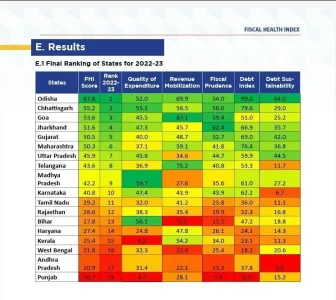This is yet another instance of private health insurers going back on their commitments.
Many middle-class citizens are increasingly turning to private health insurance providers as a critical lifeline for themselves and their families. These plans boast of a robust coverage and hassle-free claims, while charging customers exorbitant premiums.
But when insurers fail to honour genuine claims, it leaves citizens vulnerable and puts a Question mark on the safety net of health insurance.
As per information given by the IBAI (Insurance Brokers Association of India), the best performer in the Claims Paid Ratio (The total number of claims paid divided by the total number of Claims available for processing) was New India (Public Sector General Insurers) with 95.04%, followed by Aditya Birla Health (Standalone Health Insurer) at 94.52%. Other Large General Insurers such as IFFCO Tokio, Bajaj Allianz, SBI General have claims paid ratio of 91.70%, 90.29% and 88.86%. Other Standalone Health Insurers such as Niva Bupa, Manipal Cigna and Care Health have around 88% claims paid ratio.
However, if one takes a look at the Claims Paid Ratio on the Amount of Claims (The Total amount of Claims paid divided by the Total amount of Claims available for processing), New India, Oriental Insurance, National Insurance - all public sector - have impressive ratio of 98.74%, 97.35% and 87.95%.
The same for Standalone health insurers Aditya Birla Health, Niva Bupa, Manipal Cigna, Care Health and Star Health are all less than 71%. Similarly, the Health Claims Paid Ratio based on the amount for Small Private Sector General Insurers such as Liberty General, Acko, Zurich Kotak & Royal Sundaram reflect poorly.
This is not to target anyone, but highlighting the need for better regulation and grievance redressal for the customers.
After all, in the 2022-23 period, the health insurance sector issued 2.26 crore health insurance policies. And these policies provide coverage to an impressive 55 crore individuals.
But not even one private insurance provider reported payment of more than 90% of the amount claimed and only 3 paid more than 80% of the amount claimed in 2022-23.
During a Zero Hour discussion on December 4, 2024, I had raised the need for fair claim settlements for the citizens of the country relying on health insurance.
I once again urge IRDAI to look into this issue and rein in such unethical practices.
@FinMinIndia @MoHFW_India










